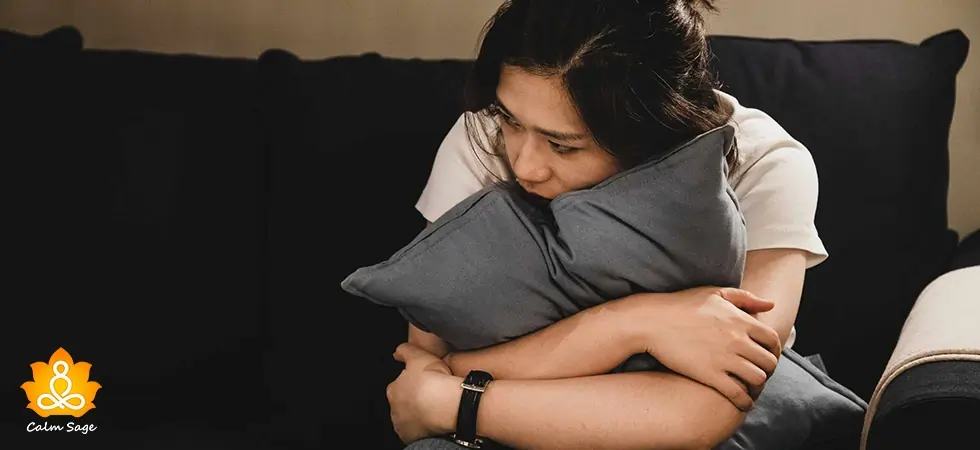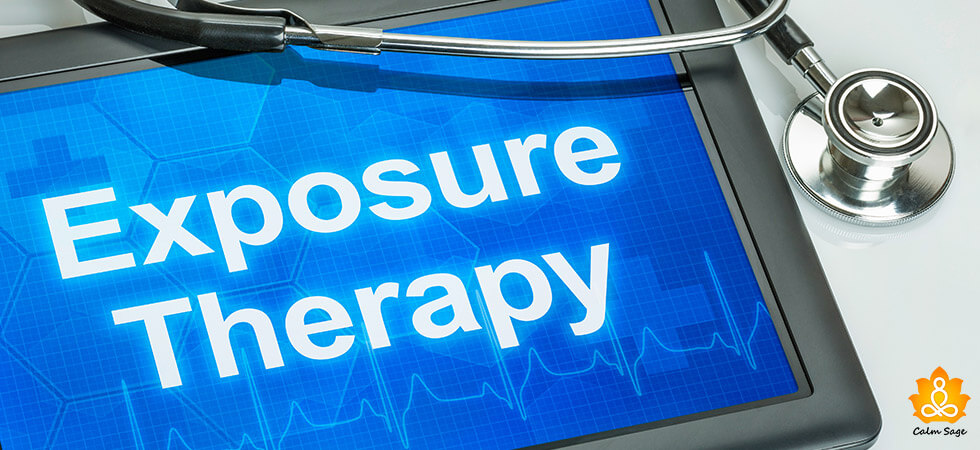Can PTSD Cause Brain Fog? 4 Ways To Manage PTSD Brain Fog

Trauma in itself can be brutal to cope with, and the effects left by trauma can be long-lasting. However, when you begin lacking mental strength and feel your cognitive energy declining, you might experience PTSD brain fog.
PTSD or post-traumatic stress disorder occurs after you experience a traumatic event and can cause symptoms such as nightmares, flashbacks, panic attacks, anxiety, dissociation, and more. These symptoms may either occur suddenly or when you’re triggered by something associated with the trauma.
Because PTSD can leave a wide range of effects on our nervous system, there are other symptoms that we might experience but not know much about including brain fog.
Let’s explore the link between PTSD and Brain Fog below and how to manage PTSD brain fog.
PTSD And Brain Fog: The Connection

Trauma can leave your mind and body reeling from the effects of the aftershock. If you’re living with PTSD and other aftereffects of trauma, then you may notice a kind of trauma exhaustion and sluggish mind, also known as brain fog.
Brain fog is when you can’t think clearly and space out more, feel disconnected from your surroundings, can’t focus well, have trouble keeping up with social interactions, have a short attention span, frequently lose your train of thought, and feel disoriented frequently.
Brain fog isn’t always a condition, but is likely to occur with conditions such as PTSD and depression. Common PTSD Brain fog symptoms can include;
- Unwanted thoughts
- Avoiding talking to others about the trauma
- Avoiding situations that might trigger your trauma
- Distorted thoughts
- Low mood
- Problem concentrating
- Insomnia, and more
Can PTSD Cause Brain Fog?
What PTSD and symptoms of brain fog have in common is inflammation. Symptoms of PTSD can cause neuroinflammation, one of the biggest contributors to brain fog. Inflammation has also been linked to other conditions such as cancer and heart diseases, so it might not come as a surprise that PTSD neuroinflammation can cause brain damage.
Another thing that can be linked to PTSD and brain fog is the nervous system. Our nervous system responds to trauma with a stress response aka flight-fight-freeze-fawn response. This response protects your mind and body when it sees a potential threat. Under this response, cortisol is released.
While in a small dose, cortisol can be helpful, in excessive amounts, it can cause inflammation.
When the trauma has passed, our nervous system needs a cooldown, also known as the rest and digest response. This is because our bodies can’t stay under continuous stress as doing so may leave us with unwanted long-term health problems.
Trauma-related effects on the nervous system can escalate into complex PTSD. Complex PTSD is a state that results from ongoing trauma. People with complex PTSD experience frequent stress responses which means that they live with high cortisol. This may cause higher levels of inflammation, including neuroinflammation, leading to issues such as;
- Complex PTSD brain fog
- Cognitive issues, and
- Memory loss
Tips To Manage PTSD Brain Fog Symptoms

With the right self-care tips and measures, you can control your PTSD brain fog symptoms. Here are some helpful (and effective) ways to help you out;
-
Improve Your Diet Plan
What you eat and what you don’t eat can also affect your PTSD brain fog symptoms. It can help you if you eat more vegetables, fruits, whole grains, olive oil, fish, and low-fat dairy products. You can also replace processed foods with unprocessed ones, or you can consider eating a Mediterranean diet. Go slow in the beginning as it might take some time for your body to adjust to diet changes.
-
Improve Your Sleep Schedule
Studies have shown that there’s a substantial link between sleep deprivation and inflammation, so if you’re experiencing symptoms of PTSD brain fog, then you might need to adjust your sleep schedule. Improving your sleep hygiene and routine might help. Try to keep a constant routine, have a bedtime ritual to follow, and cut caffeine and screen time in half, especially during the evening.
-
Exercise Regularly
Exercising can help improve blood circulation in your brain and body which can start a chain effect. A positive one! According to the CDC, 150 minutes of moderate exercise every week can help. You can start slow and build up as you go. The aim is to increase the production of endorphins to counteract the symptoms of brain fog.
-
Try Trauma-Informed Mindfulness
Trauma-informed mindfulness is another activity you can adopt in your lifestyle. Mindfulness is about calming yourself and bringing your awareness to the present moment. This practice can help you fight your stress response as well. For some, mindfulness can be a trigger, so if you’re living with trauma or PTSD, it is recommended to seek trauma-informed mindfulness practices.
What Next?
Our brain can respond to trauma with a stress response that can continue even after the trauma has ebbed. Living with PTSD or complex PTSD can make it even harder to control the stress response and calm down, enough to prevent neuroinflammation, one of the biggest factors of brain fog.
With some diet changes, sleep changes, exercise, and other trauma-informed relaxation practices, you can learn to calm down your PTSD brain fog symptoms.
If it doesn’t seem to help, do not hesitate to connect with a professional for support and help. A trauma-informed therapist can help in such cases. Find out more about trauma-informed care here.
For more, you can write to us at info@calmsage.com or DM us on social media. You can also share your thoughts with us in the comments below.
Take Care!




















